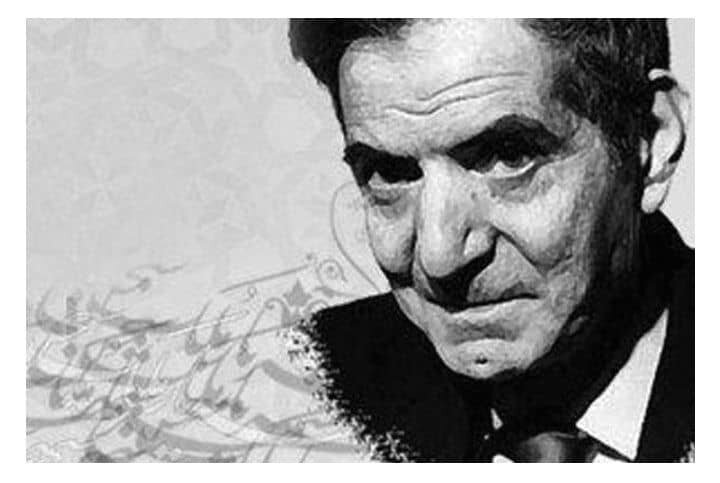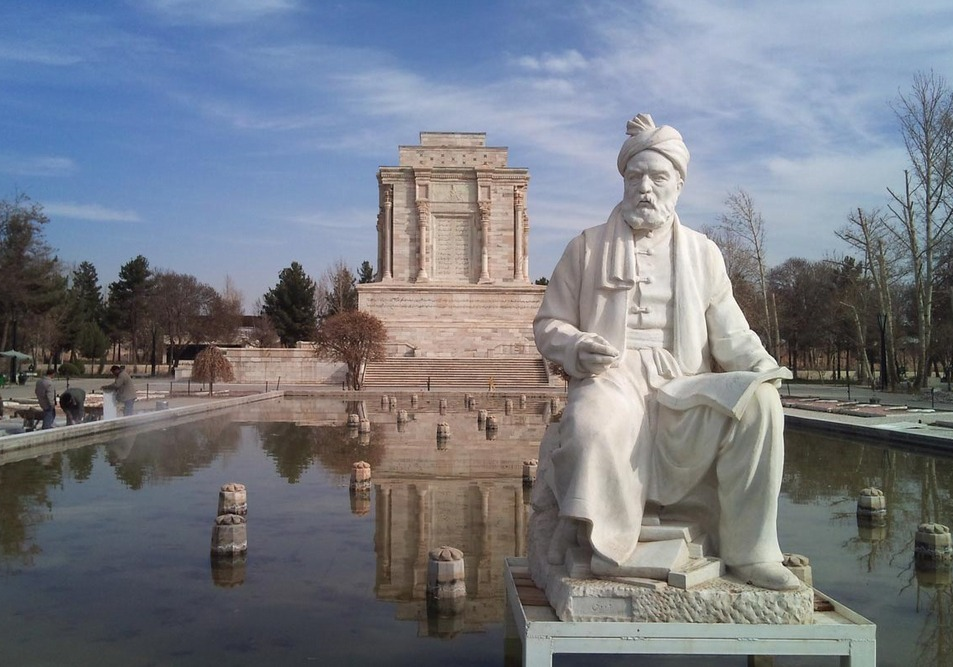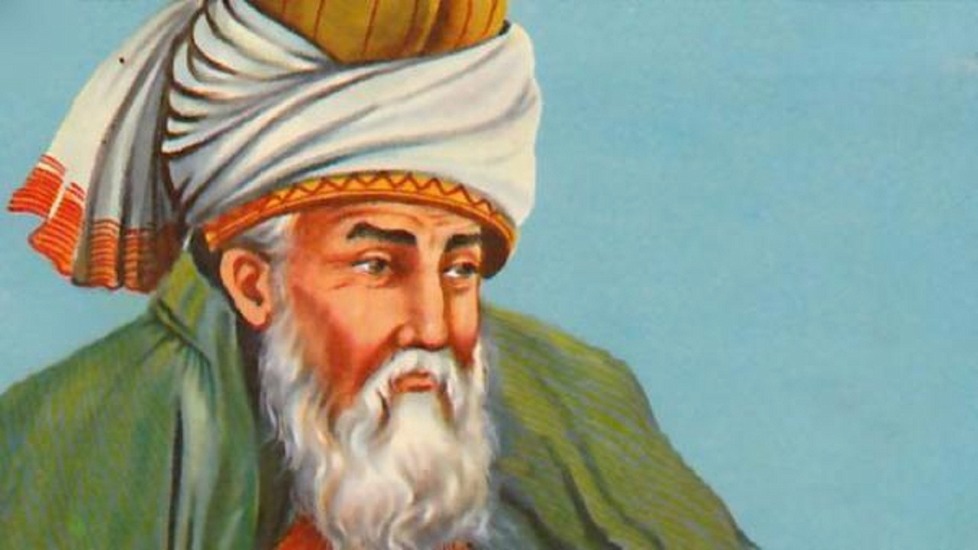
Jalal al-Din Mohammad Balkhi
Jalal al-Din Mohammad Balkhi
Jalal al-Din Mohammad Balkhi, popularly known as Mawlawi, Mawlana, and Rumi, and one of the most famous Iranian poets, was born in the city of Balkh of the Greater Khorasan in September 1207 CE. His full name was “Mohammad ibn Mohammad ibn Hossein Hosseini Khatibi Bakri Balkhi” and during his lifetime he was called “Jalal al-Din”, “Khodawandegar” and "Mawlana Khodawandegar”.
Rumi is undoubtedly the most prominent Iranian poet in the field of mysticism and mystical love poems, and one of the four basic pillars of Persian language and literature, whose name shines not only in Iran but also around the universe. Known as Mawlana Jalal al-Din Balkhi by Afghans, Mawlana Jalal al-Din Rumi by Turkish people, and Rumi by Europeans and in Western culture is the person is known as “Mawlana” by Iranians and has had an important role in the introduction of mystical concepts in Persian literature.
Meeting Shams Tabrizi was like a rebirth for Mawlana and changed his path forever. This meeting was one of the rarest and most valuable times of these two great scholars and mystics who were in search of absolute truth and led to the solitude of these two great poles of the world of Sufism and mysticism. Jalal al-Din, who was a mufti and a teacher of religious sciences, and religious orator, became so fascinated by Shams Tabrizi that he abandoned lessons, discussions, and sermons and took the path of mysticism and poetry.
The establishment of associations of Mawlana studies and research on Rumi’s thoughts in the United States and Europe, as well as various seminars and commemoration ceremonies for him, testify his profound influence on the West and their thought and ethics. Rumi quickly became famous in the Western world in recent decades, such that the translation of his book became the one of best-selling books of the year in the United States. UNESCO named the year 2007 as the “International Rumi Year”. In the same year, a congress commemorating the 800th birth anniversary of Rumi was held with the participation of thinkers from 30 countries in the three cities of Tehran, Tabriz, and Khoy, and a ceremony was also held at the United Nations.
One of the most important written works of Rumi is “Mathnavi Ma’nawi”. His other works are: “Ghazals” or “Divan-e Shams Tabrizi” (or Divan-e Kabir), which comprises thirty-five thousand verses in Persian, one thousand verses in Arabic, and less than two hundred verses in Turkish and in Greek. His other work, “Fih-e Ma Fih”, is a collection of Rumi’s special speeches compiled by his disciples. “Majalis-e Sab’ah” is the compilation of Rumi’s seven sermons and “Makatib” or “Letters” are a collection of 145 letters written to kings, officials, merchants, writers, nobles, children. His three prose works are mostly consisting of his lectures and discussions.
Mawlana Jalal al-Din Balkhi passed away in the city of Konya in Turkey on Sunday, December 17, 1274 CE and his tomb, which is a visiting shrine of his lovers, is located in the same city. In the official Iranian calendar, September 30 is recorded as “Rumi’s Commemoration Day”.
| Name | Jalal al-Din Mohammad Balkhi |
| Country | Iran |
| Nickname | Rumi |
| Production Time | 12 |
| Works | Divan-e Shams Tabrizi” (or Divan-e Kabir) |
| Website | http://www.mevlanafoundation.com/index_en.html |

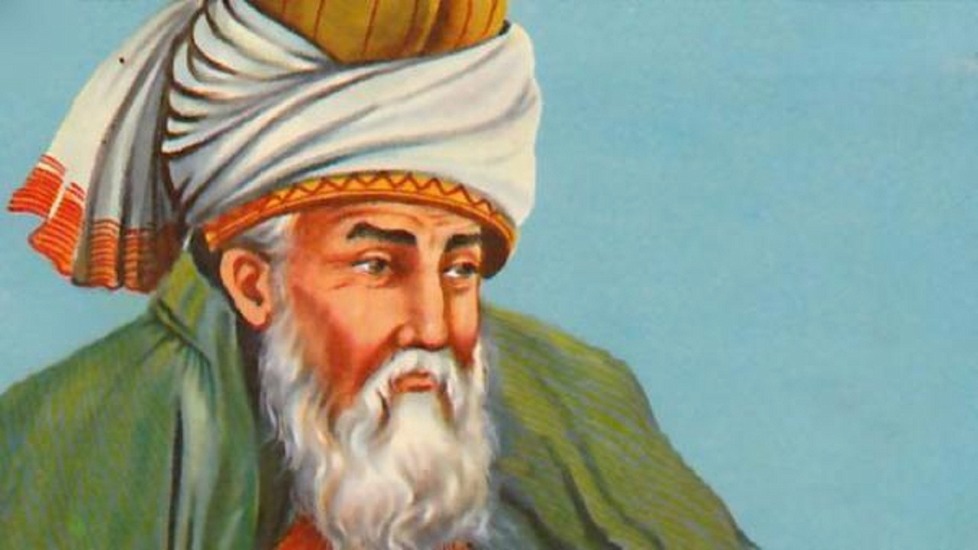


Choose blindless
Red blindless Green blindless Blue blindless Red hard to see Green hard to see Blue hard to see Monochrome Special MonochromeFont size change:
Change word spacing:
Change line height:
Change mouse type:
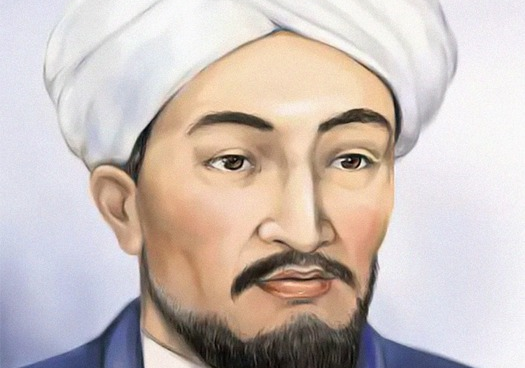

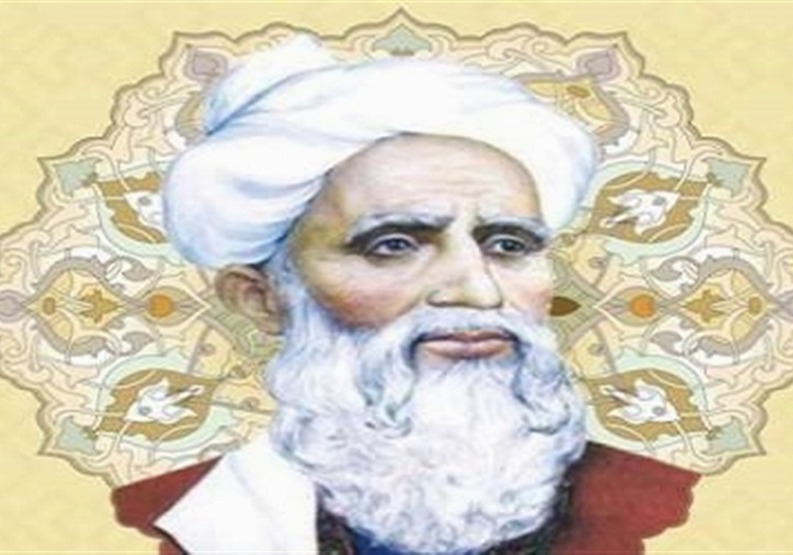

(b)_crop_8.jpg)
